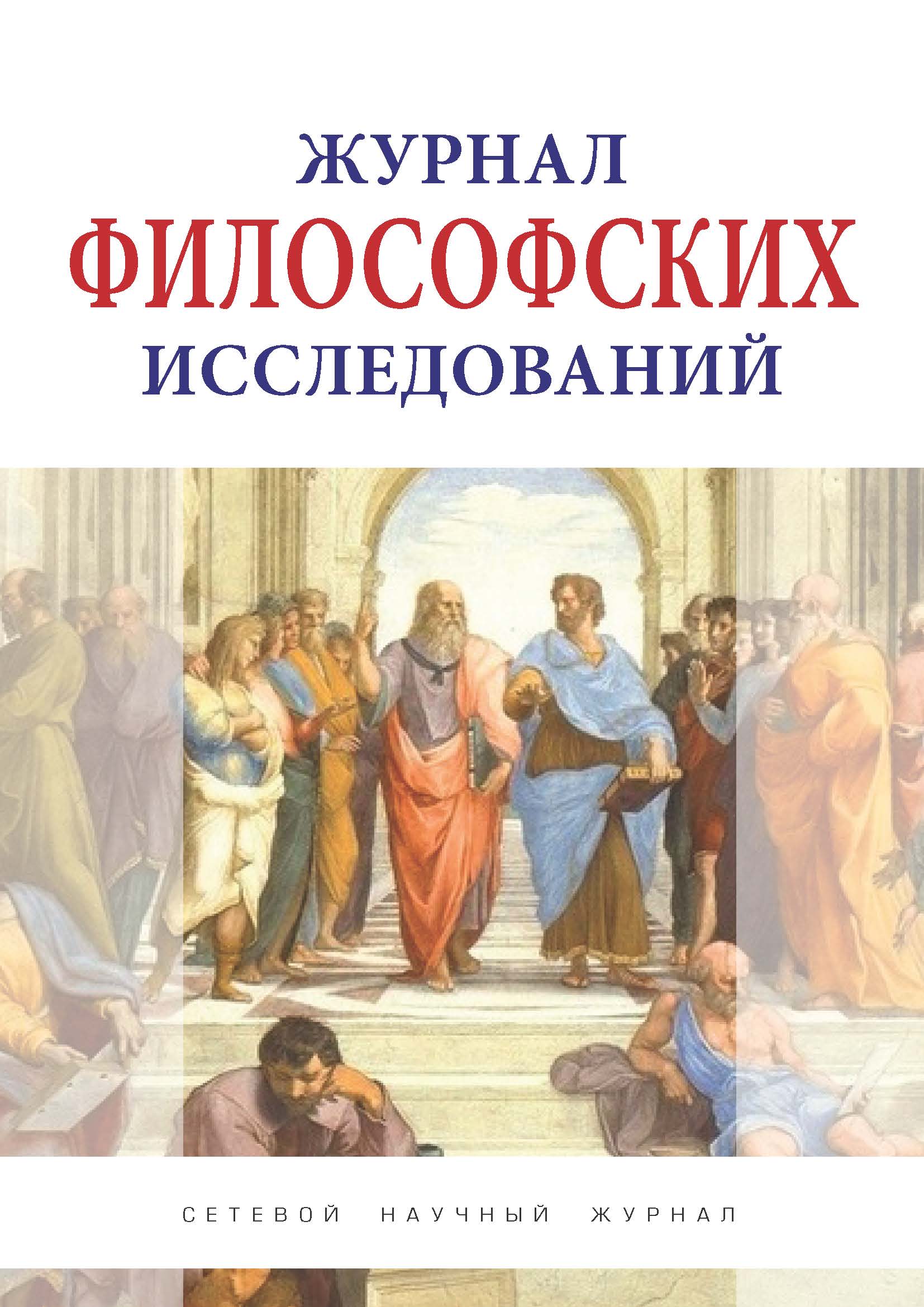Russian Federation
UDC 616-006
Oncological diseases are a complex and frightening group of pathologies that have been affecting multicellular organisms for many years. Although there is no "cure", philosophical science contributes to the development of oncology through new scientific knowledge and understanding of pathogenesis. The biological complexity and heterogeneity of cancer pose challenges for diagnosis, control and treatment. Conceptual clarity is crucial, as, for example, when defining "cancer stem cells" or "tumor-associated genes". Interdisciplinary integration of methods and knowledge can enrich the understanding of cancer and offer new therapeutic directions. Recent advances in genomic sequencing technologies have led to an ever-expanding list of potential oncogenes, making it more difficult to understand which mutations play a causal role in the development of cancer. Tumors are made up of heterogeneous cells and change over time, which turns the progression of cancer into an evolutionary process called "clonal evolution." New genomic sequencing technologies and phylogenetic methods have been applied to uncover the evolution of cancer cells, but several conceptual questions remain open, in particular regarding the exact role of "natural selection" in cancer and the ability to develop and maintain the heterogeneity of cancer cells in a patient. An interdisciplinary approach to understanding cancer has significant potential to accelerate the study and rethinking of the oncological process, contributing to multifaceted discussions between foreign and domestic colleagues, the separation of cause-and-effect relationships in the development of cancer and further study of the interpretation of pathogenesis.
cancer, cancer biology, philosophy of medicine, interdisciplinary approach, driver genes, evolution, natural selection
1. Petit Dzh.R., Bal'boni M.Dzh. Duhovnost' i religiya v onkologii. Klinika raka Kalifornii, iyul'-avgust 2013;63(4):280-9. doi:https://doi.org/10.3322/caac.21187
2. Kasas-Sel'ves M., Degregori Dzh. Kak rak vliyaet na evolyuciyu i kak evolyuciya vliyaet na rak. Evolyuciya: obrazovanie i informauiya , 4, 624-634 (2011). https://doi.org/10.1007/s12052-011-0373-y
3. Batlle E., Klevers H. Obzor rakovyh stvolovyh kletok. Opublikovano 6 oktyabrya 2017 g.,23(10):1124-1134. doi:https://doi.org/10.1038/nm.4409
4. Meyli S.K., Aktipis A., Grem T.A., Sottoriva A., Boddi A.M., Yanishevska M., Sil'va A.S., Gerlinger M., Yuan' Yu., P'enta K. Dzh., Anderson K.S., Gatenbi R., Suonton K., Posada D., Vu ChI, Shiffman D.D., Hvang E.S., Polyak K., Anderson Ara, Braun K. Dzh. S., Grivz M., Sibata D. Klassifikaciya evolyucionnyh i ekologicheskih osobennostey novoobrazovaniy. 2017 Oktyabr';17(10):605-619. doi:https://doi.org/10.1038/nrc.2017.69.
5. Archetti M., Pienta K. Dzh. Vzaimodeystvie mezhdu rakovymi kletkami: primenenie teorii igr k lecheniyu raka. Rak molochnoy zhelezy. Fevral' 2019, 19(2):110-117. doi:https://doi.org/10.1038/s41568-018-0083-7.
6. Egeblad M., Nakasone E.S., Verb Z. Opuholi kak organy: slozhnye tkani, kotorye vzaimodeystvuyut so vsem organizmom. 2010 15 iyunya;18(6):884-901. doi:https://doi.org/10.1016/j.devcel.2010.05.012.
7. Nia HT, Munn LL, Dzheyn RK. Fizicheskie priznaki raka. Nauka. 30 oktyabrya 2020 g.;370(6516):eaaz0868. doi:https://doi.org/10.1126/science.aaz0868.
8. Lemuan, Mael' (2022). Anya Plutinski ob'yasnyaet rak: kak nayti poryadok v besporyadke. Filosofiya mediciny. 3.https://doi.org/10.5195/pom.2022.120.
9. Vudvord, Dzh.B. (2003). Chtoby chto-to proishodilo: teoriya prichinnogo ob'yasneniya. Chtoby chto-to proishodilo: teoriya prichinnogo ob'yasneniya.https://doi.org/10.1093/0195155270.001.0001..
10. Pauell, Stiv. (2018). Kniga "Pochemu" - eto novaya nauka o prichine i sledstvii. Perl, Dzhudeya i Dana Makkenzi. 2018. Heshett, Velikobritaniya.. 13. 47-54.
11. Plutinski, A. Naskol'ko slozhen rak?. Evropeyskiy universitet filologii 11, 55 (2021). https://doi.org/10.1007/s13194-021-00371-8.
12. Noyhefer P., Roake S.M., Kim S.Dzh., Lu R.Dzh., Uest R.B., Sharvill G.U., Artandi S.E. Klonal'naya ekspansiya acinarnyh kletok v gomeostaze podzheludochnoy zhelezy i kancerogeneze 2021;597(7878):715-719. doi:https://doi.org/10.1038/s41586-021-03916-2.
13. Godfri-Smit, Piter (2009). Darvinovskie populyacii i estestvennyy otbor. Oksford, Velikobritaniya: Izdatel'stvo Oksfordskogo universiteta. Lin S. i Plutinski A. (2016). Evolyuciya neudach: ob'yasnenie raka kak evolyucionnogo processa. Biologiya i filosofiya, 31, 39-57.
14. Layn A.M., Laplan L., Per'e L. Chtoby predstavit' klonal'nuyu evolyuciyu pri rake krovi, podschitayte svoi stvolovye kletki. Krov'. 8 aprelya 2021 goda;137(14):18621870. doi:https://doi.org/10.1182/blood.2020008407.






